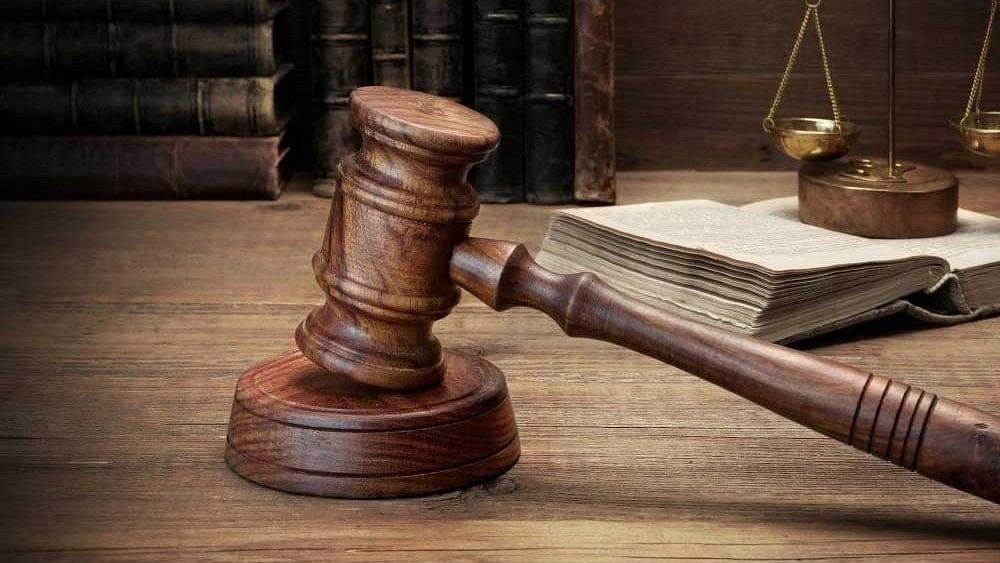
Representative image.
Credit: DH File Photo
US Supreme Court justices and federal judges on lower courts do not have to publicly disclose when they dine or stay at someone's personal residence, even one owned by a business entity, under a revised ethics rule.
The amended policy was issued on Monday by the US Judicial Conference's Committee on Financial Disclosure, which sets rules followed by the nine justices and other federal judges. Critics said the move diluted ethics requirements.
The committee has been reviewing allegations that Justice Clarence Thomas, a member of the court's 6-3 conservative majority, improperly failed to report gifts including luxury travel from wealthy Texas businessman and Republican donor Harlan Crow.
"They might as well call it the Clarence Thomas exemption," said Donald Sherman, chief counsel at the group Citizens for Responsibility and Ethics in Washington (CREW), said of the amended policy.
The U.S. Supreme Court has been embroiled in mounting ethics controversies, with some Democratic lawmakers and court reform advocates pointing to instances of undisclosed trips and gifts involving Thomas and some other justices. The court last year announced its first formal code of conduct governing the ethical behavior of its justices, though the policy lacked any enforcement mechanism.
The judiciary's rule-making body said the disclosure regulations were updated this week to "clarify" the extent to which gifts received at personal residences owned by corporate entities could be deemed "personal hospitality" that judges did not need to list on their disclosure reports.
Gabe Roth, who heads the advocacy group Fix the Court, said the new policy watered down stricter regulations announced last year and "twisted" the meaning of personal hospitality in ways that could result in some of the past stays by Thomas at Crow's properties being deemed exempt from disclosure.
Those stays include ones at Camp Topridge, a private lakeside resort in upstate New York's Adirondack Mountains owned by an entity affiliated with Crow, Topridge Holdings, as first reported by ProPublica.
Thomas last year said that he had been advised he did not have to report that type of "personal hospitality."
Lawyers for Thomas and Crow and representatives for the Supreme Court did not respond to requests for comment.
The disclosure committee, at the urging of Democratic U.S. Senator Sheldon Whitehouse and others, in March 2023 adopted stricter regulations that made it harder for judges to claim a personal hospitality exception.
Those rules stated judges still did not have to disclose gifts that include food, lodging or entertainment extended by an individual for a non-business purpose. But the regulations said the exemption did not apply to stays at commercial properties, such as hotels and resorts, and gifts of hospitality paid for by an entity or third-party other than the person providing it.
Under Monday's rule change, stays at a host's personal residence would not need to be disclosed if an entity, rather than a person, owns the property, as long as the residence was not regularly rented out and was not a commercial property.